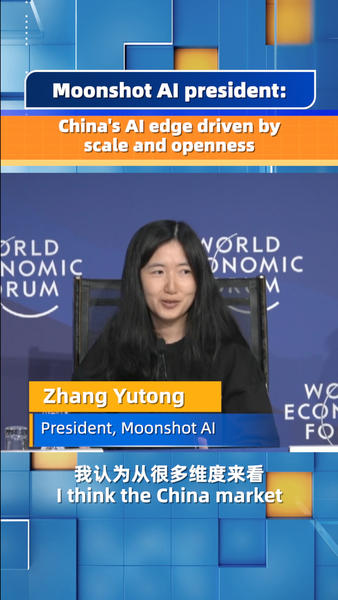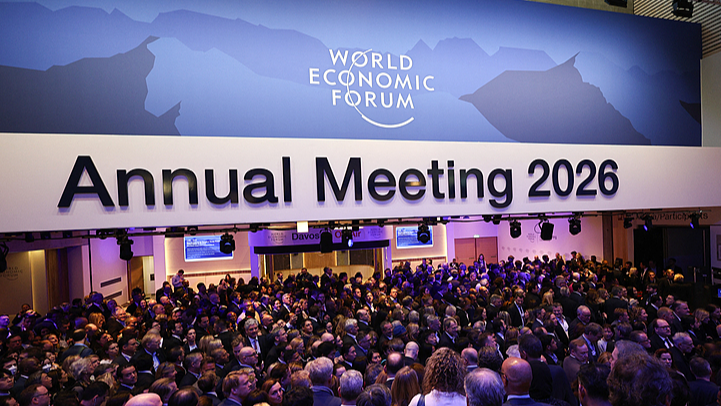Feeling stuck in the oil-to-tech transition? Arab states have big ambitions beyond hydrocarbons, but global tech giants often wait for a vibrant ecosystem before diving in. Luckily, China's recent success shows that government-led policy magnetism can flip the script, turning a region into a tech hotspot. Here's how:
📌 Pillar I: Policy Magnet – From Regulator to Host
Instead of acting like a distant rule-maker, governments become hands-on partners. Here are six moves that matter:
- 1) Saved time as a subsidy⏱️ In Hangzhou, getting a business license takes half a day—not 30-120 days. Speed builds confidence and seals deals.
- 2) Government concierge🤝 A single point of contact handles land, utilities, visas, banking, hiring—you name it. No more chasing multiple offices.
- 3) Finance as a bridge💸 In Hefei, authorities back strategic sectors with milestone-tied investments, coordinated follow-ons, and planned exits.
- 4) Land & space levers🌐 Industrial parks co-locate suppliers, labs, and universities at subsidized rates, creating ready-made clusters.
- 5) Procurement as first market🛒 A modest, well-targeted purchase order can prove value and kickstart commercial scale.
- 6) Sandbox regulation🔬 Bounded test zones with clear metrics let innovators experiment in AI, fintech, and life sciences without fear of sudden bans.
This hands-on, service-oriented approach is just the first pillar of three: next up, talent architecture and global positioning. But mastering policy magnetism sets the stage—making market entry the path of least resistance for global firms.
Reference(s):
How Arab states can land global tech firms: A Chinese perspective
cgtn.com




